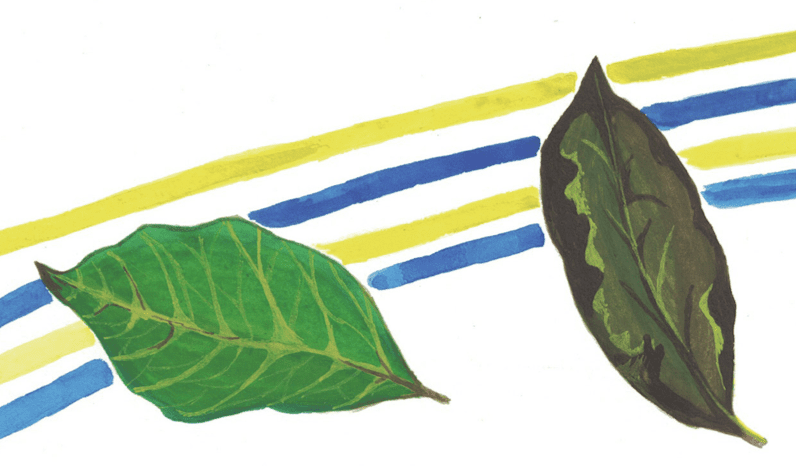The COVID-19 pandemic has taken a toll on ANU’s postgraduate community, as students experience financial hardship, job precarity, increased academic stress and uncertainty; especially for international students about events back in their home country. The postgraduate cohort is diverse not only in terms of international representation but also the various intersections of students who are parents, married individuals and high ranking professionals.
Woroni spoke to three postgraduate students who are at different stages of their degrees, to get a perspective on how Covid-19 has impacted their circumstances.
Sumer* is a full-time international student in his final semester. With the onset of the pandemic, he discussed undergoing tremendous mental and emotional challenges due to losing his job and inability to meet financial needs. While he was able to rely on the PARSA COVID Emergency Grant (CEG) to some extent, he felt particularly stressed about the University’s decision to increase course fees for international students in Semester 2.
He reflects on how this conveyed the University’s lack of concern for international students who are already vulnerable and cannot rely on social safety nets such as JobKeeper and JobSeeker Payments.
PARSA initiated the CEG, to provide assistance to currently enrolled postgraduate students experiencing financial hardships due to COVID-19 restrictions and government recommendations. Eligible applicants receive up to $1500 from PARSA as part of the grant which does not need to be paid back.
Maya* is a first year full- time international student and a mother of three kids. She resumed her academic journey as a postgraduate student, in a new country, after almost a decade of being an undergraduate student and was hoping to have a normal start. Her experience through the catastrophic bush fires and the hailstorm at the beginning of the year, and then the pandemic, has made it very difficult for her to adjust to student life.
Her role as a parent, away from home, makes her academic journey at the ANU extremely challenging. The pandemic increases this, as there is a constant worry about family members falling ill in her absence. With travel restrictions and the uncertainty of returning home to see her kids, Maya expresses the constant stress and anxiety she is feels which is impacting her education.
Will* is a recent graduate and was a full-time international student pursuing his Masters. After his graduation in the midst of the pandemic, he was unsure whether he should continue staying in Australia and explore job prospects, or return home to his family; knowing that he may not be able come back any time soon due to the travel restrictions.
Eventually, he decided to return home as he was concerned about the shrinking Australian job market alongside his financial instability. After his return home, he has been forced to limit his professional choices to certain parts of the country due to rising cases of COVID-19 in others. As a young motivated graduate, ready to start his professional career, Will expresses that the pandemic has been a very challenging time for him to stay focused and get a job. At a time when he was hoping to kick start his career, the uncertainty brought by the pandemic has heavily impacted his professional plans.
As some international students decided to head back home with transition to online classes, a large number of them continued to stay in Canberra, particularly in residential halls. Ian Walker, Head of Hall at Toad Hall discussed how students in Halls have coped with the events brought by the pandemic and the response of the Halls in such circumstances. Toad Hall is a postgraduate hall on campus largely for international students.
Walker noted
“a large number of our residents at Toad Hall could not return home overseas, even though encouraged to do so by the federal Government, which also excluded international students from support in losing part-time and casual work; many were and continue to be anxious about the welfare of family and friends at home.”
Walker also commented that “the closure of laboratory access, and increased isolation for those whose research can in normal circumstances be a very individual task, added to concerns for the wellbeing of postgraduate students.”
“While COVID-19 brought campus lock-downs, ‘social distancing’, bans on international travel, and a range of restrictions on the nature of how we study and live, Heads of residences, working with a range of University divisional, support and residence staff, have sought to meet the challenge of ensuring that our residential communities continued to be places of safety as well as of appropriate personal connection”.
Reflecting on what the future of residential halls during the pandemic looks like, Walker commented
“many of our residents have not experienced the full life and offerings of the Hall, just as many first-year undergraduate students have not yet experienced what ‘real’ university life is like! There will be positives that will remain of online learning, but residential and wider university life is so much more than focus on a screen, especially in a richly diverse multicultural environment! We very much look forward to the return and entry of international postgraduate students as soon as possible.”
All three students have been impacted by the pandemic in different ways. Students have expressed dissatisfaction about the quality of online teaching and in some cases even the reuse of lectures from previous years. The situation remains uncertain for international students as the Australian border is closed and no further easing of restrictions has been announced by the Australian Government.
*Names changed for privacy
We acknowledge the Ngunnawal and Ngambri people, who are the Traditional Custodians of the land on which Woroni, Woroni Radio and Woroni TV are created, edited, published, printed and distributed. We pay our respects to Elders past and present. We acknowledge that the name Woroni was taken from the Wadi Wadi Nation without permission, and we are striving to do better for future reconciliation.
